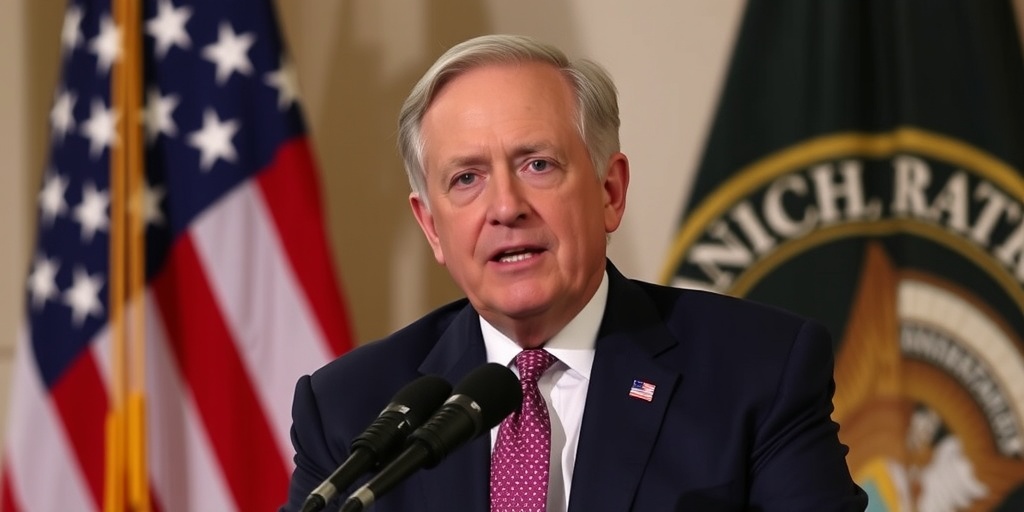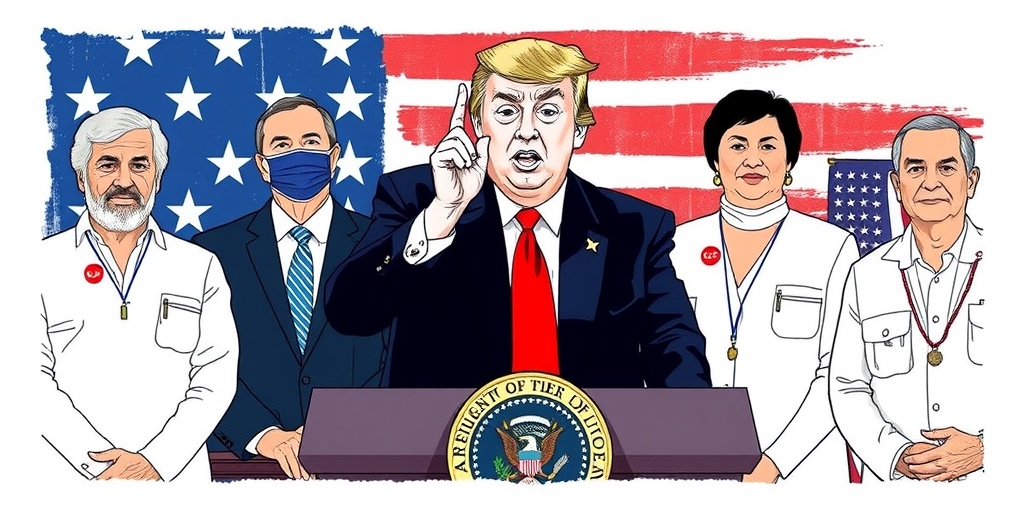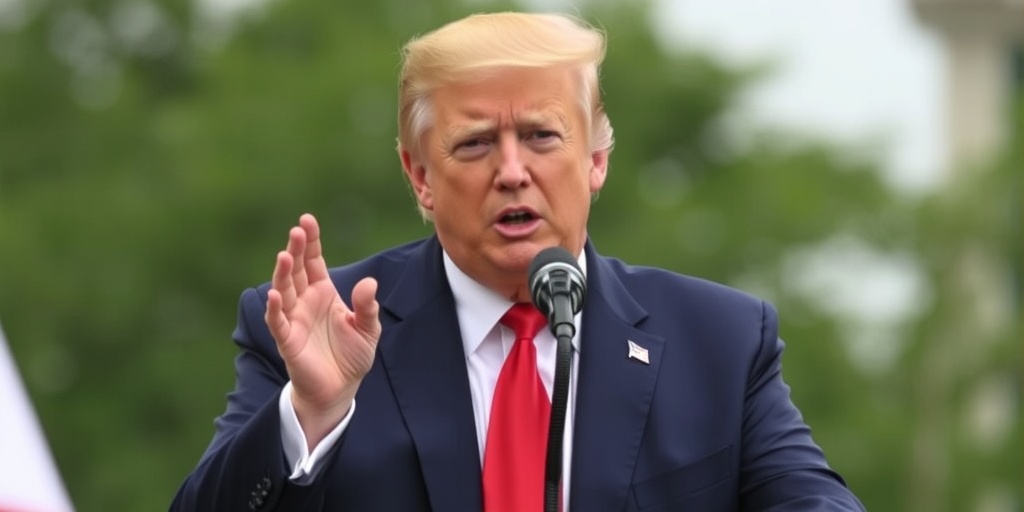Now Reading: Democrat Proposes Strengthening Two-Term Presidential Limit
-
01
Democrat Proposes Strengthening Two-Term Presidential Limit
Democrat Proposes Strengthening Two-Term Presidential Limit

Title: Democratic Representative Dan Goldman Proposes Resolution to Uphold the 22nd Amendment Amid Trump’s Third-Term Speculation
In a bold move reflecting growing concerns over the potential for presidential overreach, Congressman Dan Goldman, a Democrat representing New York, is set to introduce a resolution affirming Congress’s commitment to the 22nd Amendment. This amendment, ratified in 1951, enshrines the limitation of U.S. Presidents to two consecutive terms in office. Goldman’s initiative comes as former President Donald Trump and his allies have increasingly suggested the possibility of a third term, a notion that many political observers find deeply troubling.
Goldman expressed his concerns, stating, “Once dismissed as a ‘joke’ by the media, Donald Trump’s repeated allusions to serving beyond his constitutionally mandated second term have now become standard G.O.P. orthodoxy.” This statement underscores a pivotal shift in the Republican Party, with Trump’s musings on extending presidential tenure becoming a topic of serious conversation rather than mere speculation.
Despite the Democratic Party holding a minority position in the House of Representatives, Goldman is determined to bring the resolution to a vote. He is exploring various methodologies to force this issue into the legislative spotlight, including the use of a discharge petition. This strategy would enable him to bring a bill to the floor without the usual committee approval if enough congressional members show support. Such a move would not only test the waters of the Republican stance on the issue but also compel members to publicly declare their positions, thereby putting the party on record regarding Trump’s ambitions for a third term.
While the concept of amending the Constitution to allow for a third presidential term is improbable due to the stringent requirements—namely a two-thirds majority in both the House and Senate, and ratification by three-fourths of the state legislatures—this has not deterred members of the Republican Party. Representative Andy Ogles from Tennessee has already proposed legislation aimed specifically at enabling Trump to pursue a third term. Ogles’s efforts are being bolstered by a group known as the Third Term Project, which is actively working to galvanize support for the proposed amendment.
The sentiment within parts of the Republican base appears to embrace the idea of a potential third term for the former president, as reflected during recent gatherings such as the Conservative Political Action Conference (CPAC). Attendees displayed banners that depicted Trump as a Roman emperor, accompanied by slogans like “For Trump 2028 … And Beyond!” Such imagery highlights the fervent support Trump retains among his followers, as well as the radical implications of endorsing a third term for any president.
In the current political climate, Trump has frequently reiterated his intentions for another run, often invoking phrases that reflect a grandiose perception of his role. Recently, he referred to himself as a “king” on his social media platform, further stirring the pot of national debate about presidential powers and the near impossibility of extending terms beyond established legal limits. Trump’s advisers have downplayed these remarks, suggesting they are merely intended to provoke and engage with his critics. Nonetheless, his presidency was marked by an assertive interpretation of executive powers, raising concern about his views on constitutional boundaries and democratic principles.
In tandem with these developments, it is worth noting Trump’s broader challenges to established constitutional norms. He has also questioned the concept of birthright citizenship, marking a significant shift in immigration policy discourse. An executive order proposed by the former president aimed to eliminate automatic citizenship for children born in the U.S. to undocumented immigrants, has faced legal hurdles, with several federal judges issuing injunctions against its implementation. This indicates that while Trump’s ideas may not receive legislative support or legal backing, they continue to influence the direction of conservative thought and policy.
As Goldman works to introduce his resolution and galvanize support among his Democratic colleagues and any willing Republicans, the conversation around the 22nd Amendment and presidential term limits continues to evolve. The resolution could serve as a crucial touchstone in the ongoing dialogue about the boundaries of executive power and the role of Congress in safeguarding constitutional norms. The outcomes of these discussions are likely to resonate deeply within American political discourse, especially as the country gears up for future elections, where the implications of term limits and presidential authority will be scrutinized more than ever.
Stay Informed With the Latest & Most Important News
Previous Post
Next Post
-
 01New technology breakthrough has everyone talking right now
01New technology breakthrough has everyone talking right now -
 02Unbelievable life hack everyone needs to try today
02Unbelievable life hack everyone needs to try today -
 03Fascinating discovery found buried deep beneath the ocean
03Fascinating discovery found buried deep beneath the ocean -
 04Man invents genius device that solves everyday problems
04Man invents genius device that solves everyday problems -
 05Shocking discovery that changes what we know forever
05Shocking discovery that changes what we know forever -
 06Internet goes wild over celebrity’s unexpected fashion choice
06Internet goes wild over celebrity’s unexpected fashion choice -
 07Rare animal sighting stuns scientists and wildlife lovers
07Rare animal sighting stuns scientists and wildlife lovers





















